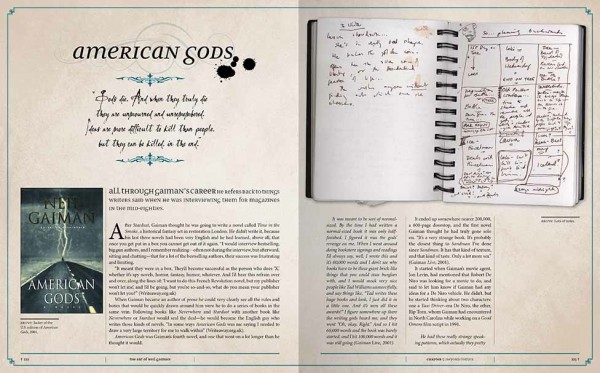Cases of Catfishing in YA Lit
Photo by Denise H. from Pexels.
Catfishing is defined as “luring someone into a relationship by means of a fictional online persona.” Contemporary teens and young adults are well aware of the dangers of online fraud, but online and virtual romantic relationships often prove that love is blind. We’ve highlighted four YA titles in which catfishing takes center stage, leading to either happily ever after or disaster.
Geekerella by Ashley Poston
In Ashley Poston’s contemporary retelling of Cinderella, blogger and Starfield superfan Elle strikes a friendship with an unknown texter, who turns out to be none other than Darien Freeman, the Hollywood heartthrob who’s been cast as Starfield’s Prince Carmindor in an upcoming film adaptation. Publisher’s Weekly calls Poston’s novel “a celebration of fandom and happily ever afters, this feel-good reimagining hits all the right notes.”
Follow Me Back by A.V. Geiger
Publisher’s Weekly calls A.V. Geiger’s Follow Me Back “a social-media-saturated thriller” that will “transfix teens for whom online relationships (romantic and otherwise) are integral parts of daily life, and catfishing and hacking are genuine fears." The novel follows Tessa, an agoraphobic teen obsessed with pop star Eric Thorn. When Eric, exhausted by his celebrity, creates a fake Twitter profile and begins interacting with Tessa under an alias, things take an unexpected turn.
Backlash by Sarah Darer Littman
Sarah Darer Littman has taken on online interaction in a couple of her novels, including Backlash. Real life and online life collide in the novel about a girl named Lara whose online flirtation with a boy named Christian has devastating consequences.
Tonight the Streets Are Ours by Leila Sales
While not exactly an example of catfishing, in Leila Sale’s Tonight the Streets Are Ours 17-year old Arden travels to New York to meet a blogger who she’s connected with online. The blogger, Peter, isn’t necessarily pretending to be someone else, but Arden learns that an online persona does not always match who a person is in real life – for better and worse.
Sara Grochowski
Sara Grochowski is an unapologetic book pusher, whether she’s in the library stacks or bookstore. She also writes for Publisher’s Weekly and speaks at conferences about great books and best practices for booksellers and librarians. You can find her on Twitter @thehidingspot and her blog, The Hiding Spot.







